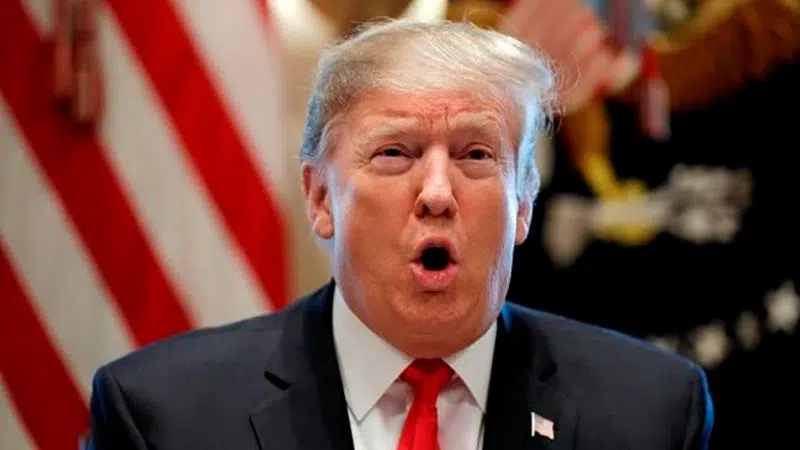
Canada echoes NATO, pins blame on Russia for U.S. pullout from nuclear treaty
WASHINGTON — The federal Liberal government laid the blame at Russia’s feet Friday after the United States pulled out of a 30-year-old nuclear missile treaty, rekindling Cold War fears and prompting fresh concerns about an escalating arms race.
Russia has for years been alarming the U.S. and NATO allies alike by flouting the Intermediate-Range Nuclear Forces Treaty, signed by Ronald Reagan and Mikhail Gorbachev in 1987, “with impunity” and in plain sight of the world, President Donald Trump declared in a statement.
“The United States has fully adhered to the INF Treaty for more than 30 years, but we will not remain constrained by its terms while Russia misrepresents its actions,” he said.


